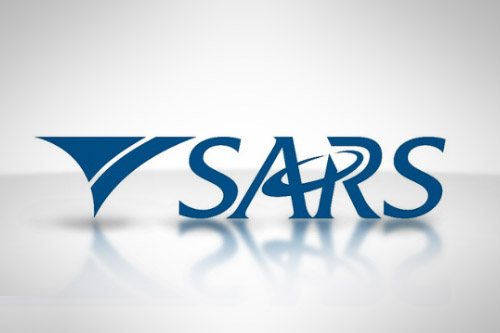Treasury’s multi-year review of home office allowances is not appropriate – speedier change is required.
The hybrid workplace, where employees spend at least part of their time working from home, is now a reality and legislation should respond accordingly.
Tax experts asked National Treasury during a workshop at the end of last year to make appropriate changes, even if it is on a piecemeal basis.https://assets.poool.fr/advanced-paywall-frame.html
Treasury requested further input until the end of January to understand the changes that have already crystallised in the workplace.
In the 2021 budget, Treasury announced a “multi-year project” to review current travel and home office allowances and investigate their efficacy, equity in application, simplicity of use, certainty for taxpayers, and compatibility with environmental objectives.
Reality has changed
Kyle Mandy, tax policy leader at PwC, said there is real concern about a multi-year project. “Frankly, when it comes to reviews things move very slowly.”
Treasury held the December workshop to discuss submissions made by tax experts, the South African Institute of Chartered Accountants (Saica) and the South African Institute of Taxation (Sait) on potential Annexure C tax policy changes for the 2022 budget.
Elizabete da Silva, chair of the Sait personal and employment tax work group, said since the outbreak of the Covid-19 pandemic the remote working environment has become more permanent.
“Even as we are moving into a hybrid working environment, people continue to spend more time working from home.
“Things like data vouchers and allowances cannot be seen as a personal benefit because [this] is required [if they are] to continue working from home,” she says.
“Employers need to find solutions to support their employees and to have them pay tax on those solutions just does not seem appropriate.”
There has to be an alignment with what is happening in practice.
Tax on tech
One issue raised during the workshop related to the taxation of telecommunication benefits. Mandy noted that there are practical problems in terms of the differentiation between private and business use.
Many employees have been provided with computers and access to the internet for work purposes. “There is nothing, aside from a policy issue, which minimises private use to what is reasonable.”
However, employers must determine if the connectivity was used mainly for business purposes, basically on a monthly basis, for tax purposes. There are real practical challenges with the legislation as it is currently crafted, he said.
Mandy suggested that it may be more appropriate to look at the actual use as opposed to what the intention of the employer is.
“It puts employers at risk because the onus is on them to show that these benefits were mainly for business purposes. That is where the challenge lies.”
He said a legislative tweak could provide for a purpose test – for what purpose has the employer provided the asset or service as opposed to what the employee has actually used it for.
Exclusivity issue
At the end of last year, the South African Revenue Service (Sars) issued a draft interpretation note relating to the deductibility of home office expenses. It was met with some criticism as it does not take into account the South African context.
Sars emphasised the fact that the home office should be “specifically equipped for purposes of the taxpayer who is claiming the deduction’s trade; and that it be exclusively used for such purposes”.
In its initial response to the draft note Sait said it became apparent that the application of the legislation has the effect of being an “elitist” provision; only those taxpayers who have the luxury of maintaining a home office that is exclusively used by one member of the household for purposes of that individual’s trade may claim their expenses.
“The current effect of the legislation is not appropriate in the South African context where rooms are shared by more than one person, or where rooms are multi-purpose,” it said.
According to the institute employees who are required to work from home should not be penalised because they do not fit into a “historic model” that is based on an individual having exclusive use of a formal home office.
Article: Moneyweb





